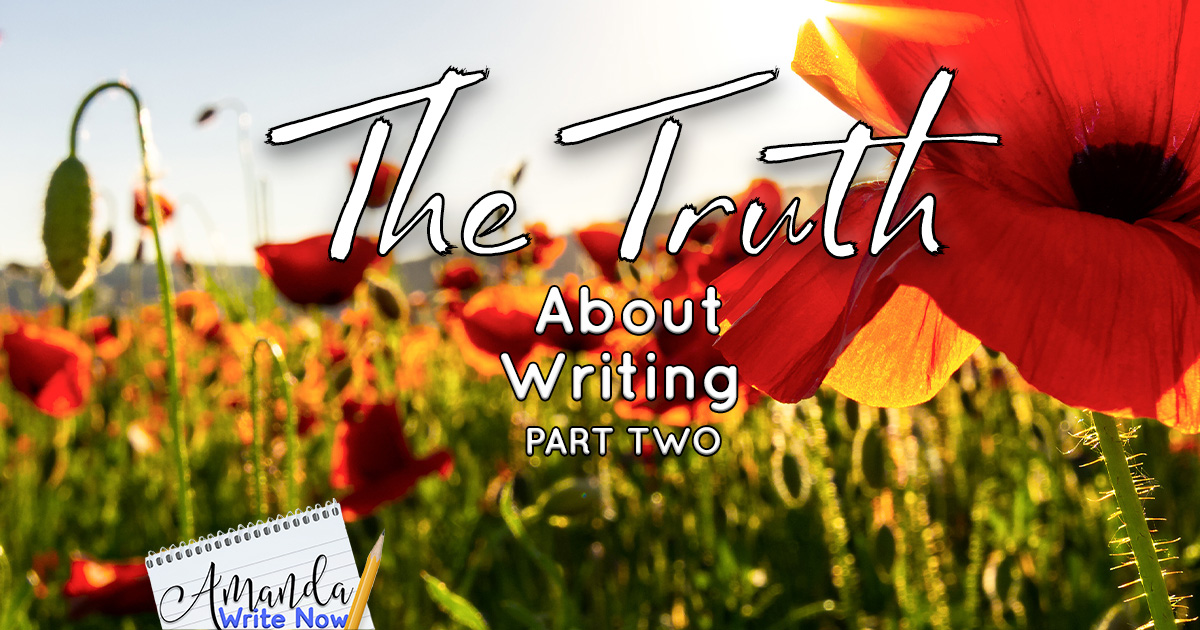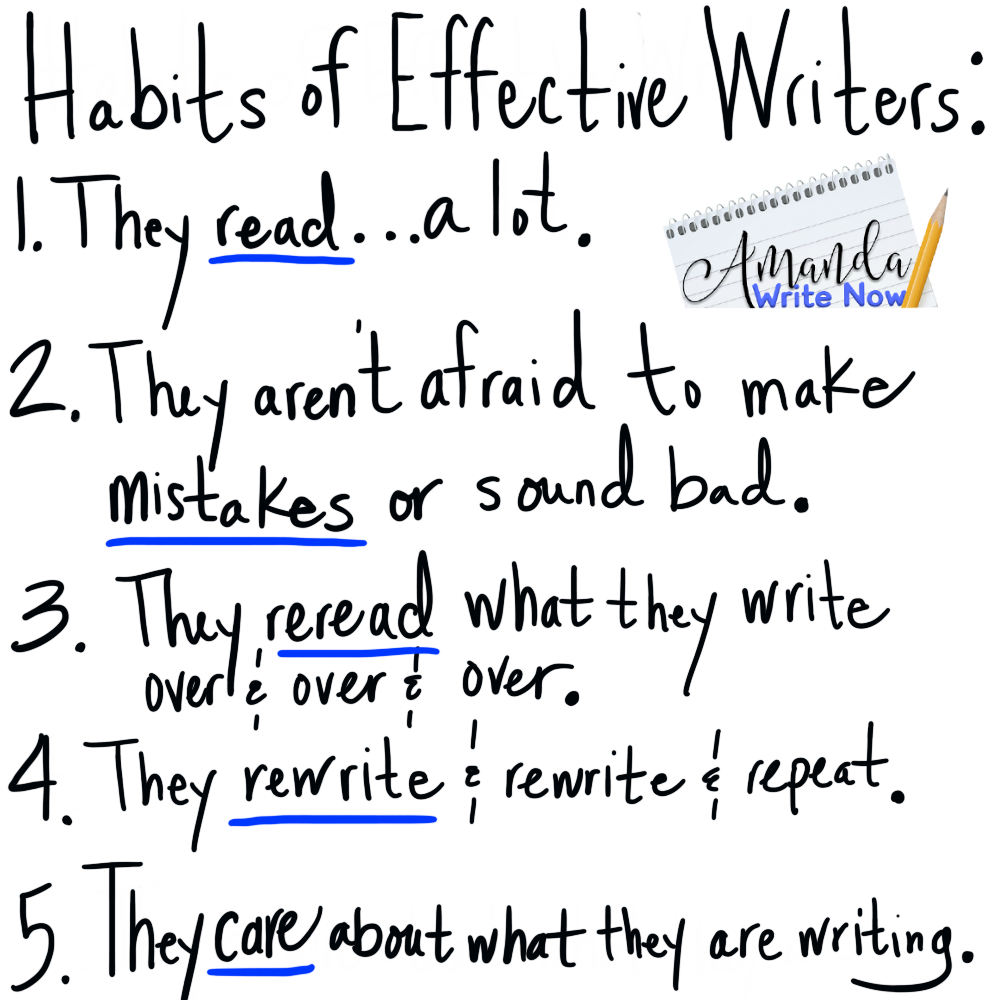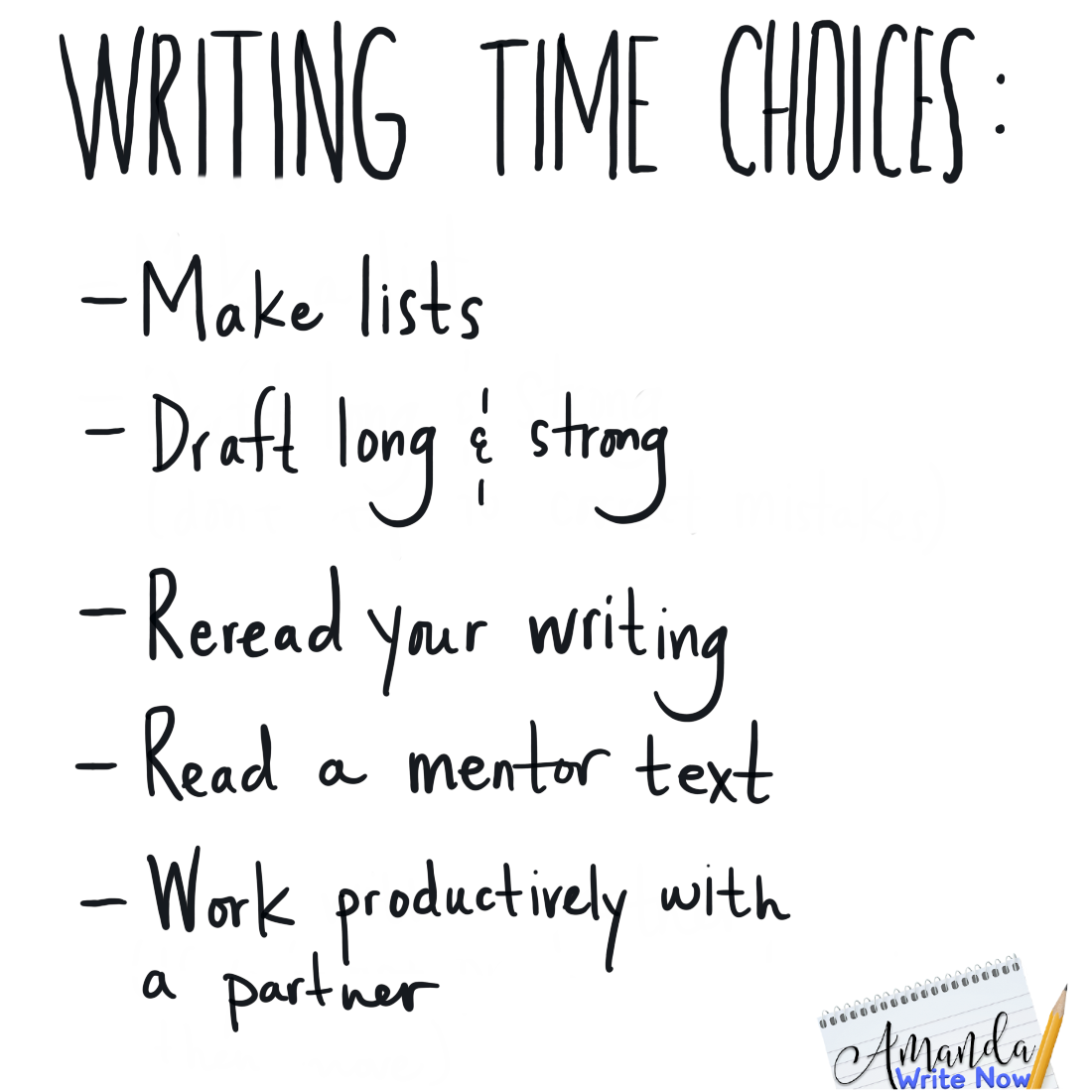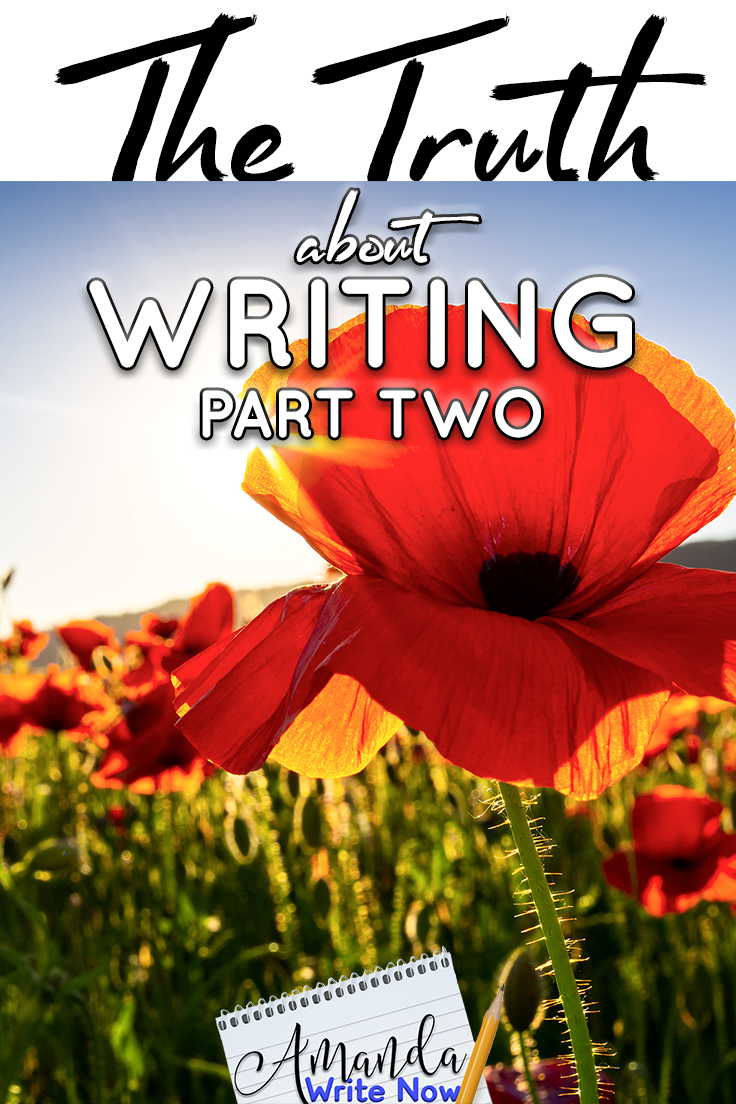
Welcome back for part two of this three part series revealing the truth about writing with mini lessons! In each blog post I provide a mini lesson you can use with your class to discuss topics all students think about but rarely get the chance to talk about in their writing classrooms. Here’s the run down of the series…
Part One: Why Your Writing is Not Very Good Awful
Part Two: Why Some Writers Are Better Than Others [This Article]
Part Three: Why Some People Hate Writing
Teachers and students are aware, especially if students have opportunities to read each others’ writing, that some writing is just, well…better. We try to teach our students to think critically, to have an attitude of curiosity and the motivation to find answers but when it comes to the topic of why some writers are better than others, all is silent…and rightfully so. The last thing a teacher wants to do is compare student writing in front of the whole class. This could be detrimental to student relationships, confidence and their love of writing.
So how do we go about discussing why some writers are better than others? And, why should we even bring it up in the first place? Below is a mini lesson that will support your writers and get at the answer to these, elephant in the room, questions!
The Hook
Say, “Have you ever wondered why some writers are better than others?” Allow students to talk about their theories. Remind students that in order to be good at anything you must practice. Yes, there are natural abilities we are all born with, but that doesn’t mean we can’t get good at something by working hard at it and spending time practicing, especially with a skill as important as writing!
Teaching Point
Say, “Today you will learn how to get better at writing! Students who write well do the following five things: they read a lot, they aren’t afraid to make mistakes, they reread their writing, they rewrite and they care about what they are writing.”

Modeling
Have two hats, wigs or costumes on hand. Tell students you are going to pretend to be two different writers. One who is an average writer and one who is an above average writer. Note: the article, Teach Your Students How to Use Mentor Text may be a helpful one to read before this lesson.
Put on the first wig and begin drafting a story. Write a paragraph of this story. Here’s mine…
My sister was always doing odd things when we were little. She hid sugar packets under her bed and one time she jumped off a moving golf cart! She’s so crazy. She’s two years younger than me and we never got along when we were little, at all. We get along better now that we are adults.
Think aloud, “I’m stuck and don’t really like what I’m writing very much…maybe I should read to get ideas for how to start.” Pick up a mentor text and read the beginning aloud. I read Fish Cheeks by Amy Tan because it is about a girl who is embarrassed by her family, which is what I’m trying to get at in my story.
Put the mentor text down and cross out your first paragraph or sentence and write a new one using information gleaned from the mentor text. Here’s my new version after emulated a bit of Fish Cheeks by Amy Tan.
When I was ten, I watched my sister jump off a moving golf cart and tumble down a bright green hill. She told my dad and I later that she wanted to fly. I rolled my eyes. My dad laughed. For Christmas, I wished to be an only child.
Reread what you wrote aloud and cross out multiple sentences, add words and sentences off to the side and reread the revisions. Here’s the first few sentences written differently.
I’m so grateful for my sister but this hasn’t always been the case. When I think back on all the memories from my childhood I laugh out loud at the crazy things my sister would do but I also cringe at what an awful older sister I was. My sister was weird. She wanted to be a flying princess. She even attempted to fly by jumping off a moving golf cart!
Then reread AGAIN. Say, “this isn’t quite what I want yet. I’ll type it up tonight, reread it tomorrow and change some things again.”
Put on the other wig. Write a short paragraph, reread it and say, “I wonder how long my teacher wants this story to be?” Keep writing and then stop and reread, editing a few errors. Then say, “Okay, I think I’m done. It’s good enough.”
Lead a discussion about the things the first writer did that the second writer did not. Explain to students that caring about the writing is essential! If a writer doesn’t care about the topic and just wishes to get the assignment over with and handed into the teacher of course the writing is NOT going to be very good!
Many students often only reread and rewrite once, if that. Students need to know that their writing is not going to be high quality with just one rewrite. It takes more, it takes a willingness to practice!
Practice
Have students write the five habits of effective writers in their notebooks while in the meeting area. Then, send them off to write or read independently. Make sure to have list of choices for writing work time like the one below:

Work Time/Conferencing
Voice Overs
Compliment students who are not erasing, but rather just crossing out words. Explain these students aren’t afraid to make mistakes and try again!
Small Group
Work with a group of students on trying out multiple versions of a sentence, paragraph or part of their story.
One-On-One
Work with students to find mentor texts that will help them if they are stuck. Allow students to read to get ideas for their own writing.
Closure
Tell students to talk with a partner or their group about one skill from the “Habits of Effective Writers” chart that they want to work on. How will they work on that skill? Will they try to read more often? When can they build that habit into their week?
I hope that I have provided insight and inspiration for your writing class through this post. Don’t forget to share on your social media if you found any of this valuable! Thanks a million times over for visiting and reading!
Want to make your writing mini lessons fun and engaging?
Check these videos out!


0 Comments